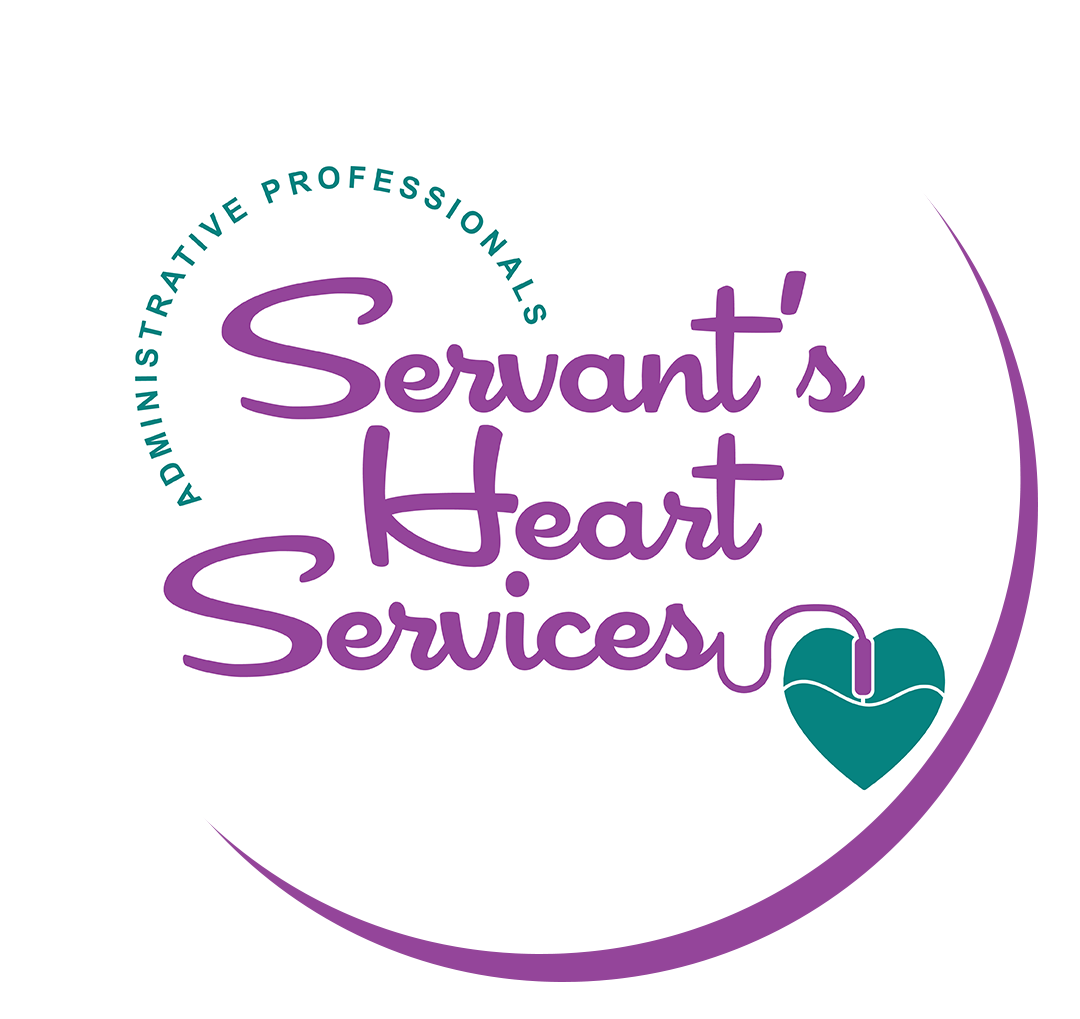I favor classics. Trends are cool, but the classics are true.
When it comes to productivity, it’s beneficial to use adaptive practices. Classics become what they are because of high flexibility. They apply to multiple demographics, styles and solutions. If classic were a flavor, it’d be vanilla. Vanilla is less exciting than Rocky Road or Birthday Cake, but unlike these ice cream flavors, it goes with everything.
I stick with classic methods in my work too. I recently came across this great article on traditional productivity methods by Taskade.
Here are a few methods that resonated with me from the article.
“Don’t Be Afraid to Experiment”
I identify as an innovator. I’m a person who’s not afraid to try new things to improve or create something for the good of all. I enjoy brainstorming solutions and implementing new ideas.
Though classic methods are my backbone, I’m open to trying new ways of performing my work. If they turn out for the best, great! But if they don’t, vanilla’s always there!
“Treat All Productivity Methods Like Habits”
Whenever people ask me for tips or advice on staying organized, I tell them, “you’ve gotta find what works for you.”
I enjoy many digital tools, but my workflow is not all digital. If I had to guess, I’d estimate it’s 80/20, with analog (pen and paper, analog calendars, and whiteboards) tools being the latter end. This combo works for me but not for others, especially folks who don’t like paper files.
Regardless, the key to making any method a habit is consistency. Intentionality is a must when creating new patterns. There’s a learning curve when trying new things, but push past the discomfort of not knowing. It’s the only way to determine if a new working method suits you. Once you find what works for you, stick with it.
“Cal Newport’s Deep Work”
I was days ago years old when I learned this was a “thing.”
I’ve worked with this method for years but never equated it to an actual productivity style.
According to the Taskade article, deep work is a “productivity method geared toward maximizing focused, valuable work and curbing “shallow,” low-value, repetitive tasks”.
Another term for “shallow” work is mindless work or work you don’t have to think about to perform it well.
I don’t have to think about tasks like responding to emails, scheduling social media or document formatting. I can listen to music or switch tabs to scroll Facebook while doing mindless work.
But jobs that require focus and detail (like writing this article) are considered deep work. I often need silence when performing deep work and usually don’t stop until I’m finished (typically a few hours after I’ve started).
“The Ivy Lee Method”
I am the “to-do” list type, but over the last five years, I started embracing what it means to pursue priorities over riff-raff. The “to-do” list is never complete; even if you cross everything off for the day, more will be added the next day. Eventually, I learned to focus on the most important items on the list each day. If I complete the “minor” tasks too, wonderful, but if not, at least my top tier tasks are out the way.
Productivity methods and tools help keep our lives organized. With the right combination of techniques and an added measure of consistency, we can grasp the whirlwind of life a little better.
What tools do you find most helpful for getting your work done?
Chassidy Michelle | Owner, Founder


